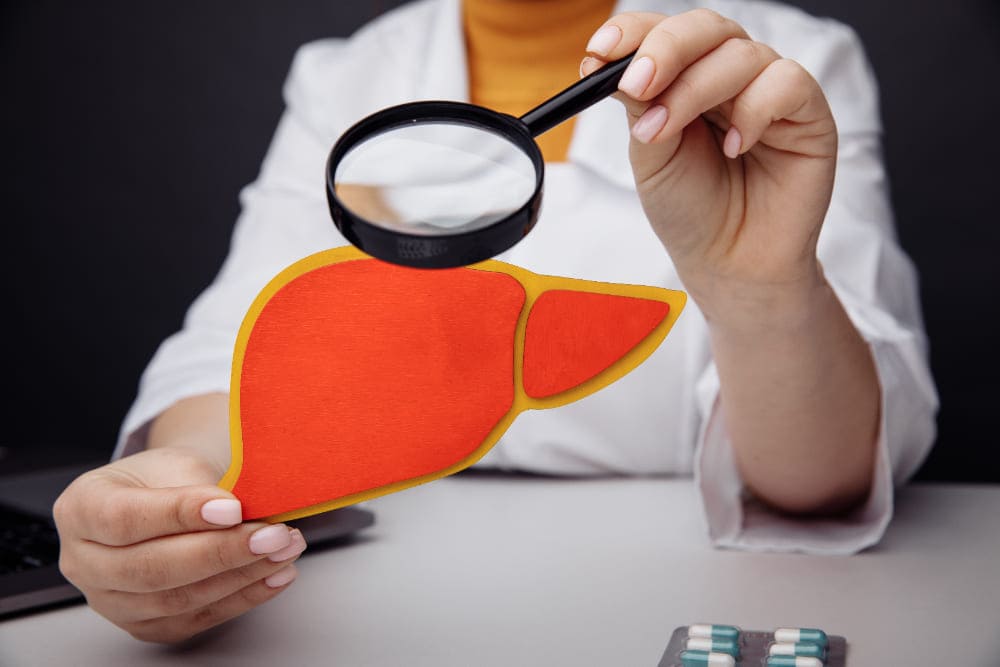
Overview
Liver Health
The liver is one of the most vital organs in the body, responsible for detoxifying harmful substances, aiding in digestion, and producing essential proteins. Maintaining liver health is crucial for overall well-being, and regular monitoring can help prevent serious liver diseases.
Why Is Liver Health Important?
- Detoxification: The liver filters out toxins and waste products from the bloodstream.
- Digestive Support: It produces bile, which aids in the digestion and absorption of fats.
- Nutrient Storage: Stores vitamins, minerals, and glycogen, providing energy to the body.
- Disease Prevention: Early detection of liver diseases such as hepatitis, cirrhosis, or fatty liver can prevent further damage and complications.
When Should You Focus on Liver Health?
- Unexplained fatigue, nausea, or jaundice (yellowing of the skin or eyes).
- History of excessive alcohol consumption or drug use.
- Family history of liver diseases.
- Risk factors like obesity, high cholesterol, or diabetes.
- Routine checkups if you are over 40 or have existing health conditions that affect liver function.
Tips for a Healthy Liver
- Healthy Diet: Eat a balanced diet rich in fruits, vegetables, whole grains, and lean proteins. Limit processed foods and sugary drinks.
- Regular Exercise: Maintain a healthy weight and engage in physical activity to reduce liver fat.
- Limit Alcohol: Avoid excessive drinking, which can lead to liver damage.
- Avoid Toxins: Limit exposure to harmful chemicals and substances that can harm the liver.
- Stay Hydrated: Drink plenty of water to support the liver's detoxification processes.
Taking proactive steps to protect your liver can ensure its proper functioning and prevent long-term complications. Prioritize liver health with regular checkups, a healthy lifestyle, and mindful habits.
